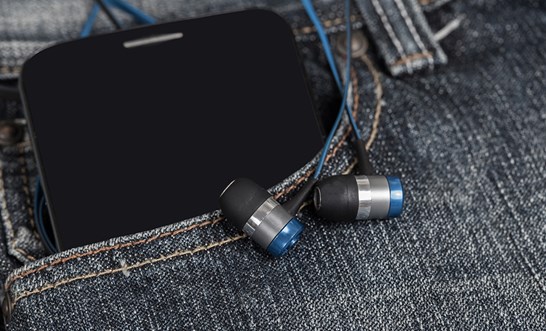Articles
Category: Workplace Investigations

Covertly recording conversations in the workplace
In recent years, the issue of covertly recording conversations in the workplace has emerged as an important topic in employment law. Such secret recordings raise concerns about privacy, workplace rights and protections, and the issue of trust between employees and employers.
Read more

The purpose and importance of particulars in disciplinary proceedings
The 2023 decision of Lavercombe v Legal Services Commission [2023] QCAT 356 is a reminder of the vital role (and the limits) of particulars in disciplinary proceedings. In this case review we consider the purpose and importance of particulars in disciplinary matters.
Read more

University investigations and disciplinary proceedings against students
Australian universities and other educational institutions have powers to investigate allegations of ‘general’ and ‘academic’ misconduct by students.
Read more

Privilege against self-incrimination
The law provides a privilege (immunity) against providing information or documents which may be self-incriminating. This, alongside the right to remain silent, ensures that an accused person cannot be compelled to give evidence leading to his or her own conviction.
Read more

When does workplace bullying constitute corrupt conduct?
The Crime and Corruption Commission (CCC) has published a paper examining when workplace bullying reaches the legal threshold to constitute corrupt conduct under the Crime and Corruption Act 2001.
Read more

The Police disciplinary system
In 2019 the law in relation to how complaints against Queensland police officers are handled changed significantly. Gilshenan & Luton were heavily involved in those discussions on behalf of the Queensland Police Union.
Read more

Being a workplace investigator is no job for a ‘wilting flower’
A Fair Work Commission decision delivered on 4 March 2020 comments on what it takes to be a workplace investigator. In Boyle v BHP Coal, Mr Boyle, an employee of BHP, made a joke to some of his colleagues which became subject of a workplace investigation.
Read more

Legal Professional Privilege
Legal professional privilege describes the protection from disclosure extended to communications (written or oral) made in the course of obtaining legal advice or for contemplated or actual legal proceedings.
Read more

New federal whistleblower laws related to companies
Whistleblowing laws in Australia extend beyond the public sector. A range of new protections for whistleblowers has recently been introduced in respect of complaints made about corporate conduct in Australia.
Read more

Workplace investigations involving criminal allegations
When allegations of misconduct in the workplace involve criminal behaviour, some different considerations arise compared to other workplace investigations.
Read more

The rights of employees under workplace investigation
If you are being investigated for alleged misconduct in the workplace, you have various rights that have to be met by your employer, and any investigator retained by your employer.
Read more

6 tips for employers conducting workplace investigations
Allegations of workplace misconduct may involve suggestions of professional rule violations, workplace misbehaviour such as sexual harassment or misuse of resources, or even criminal conduct such as fraud or stealing.
Read more
